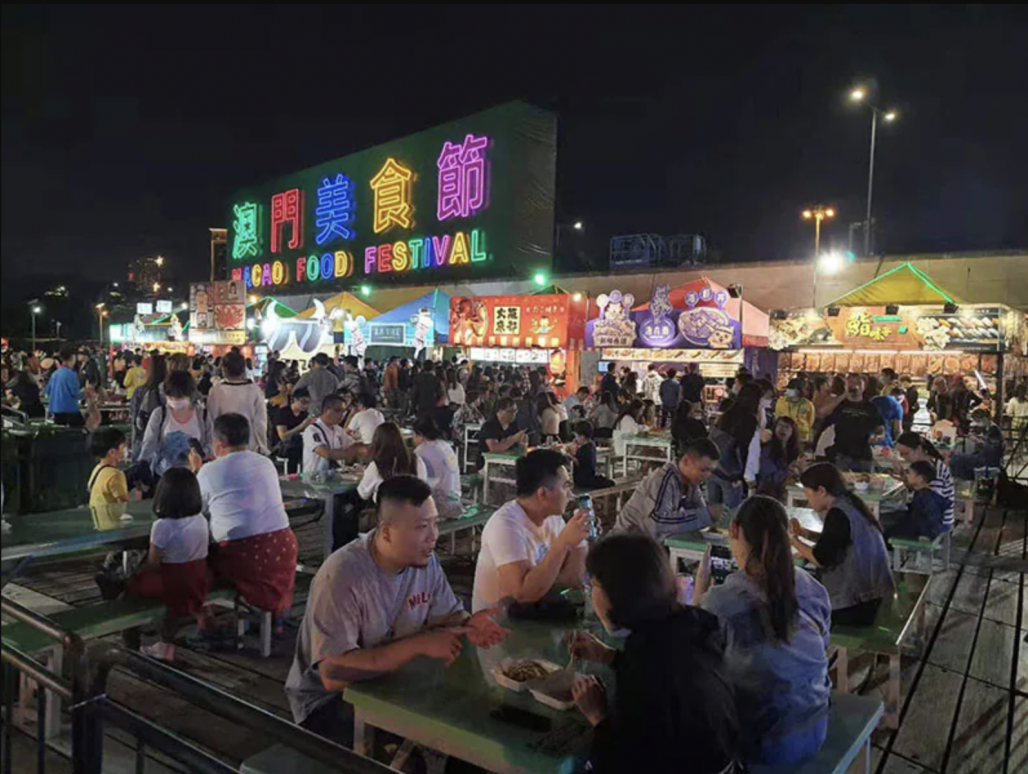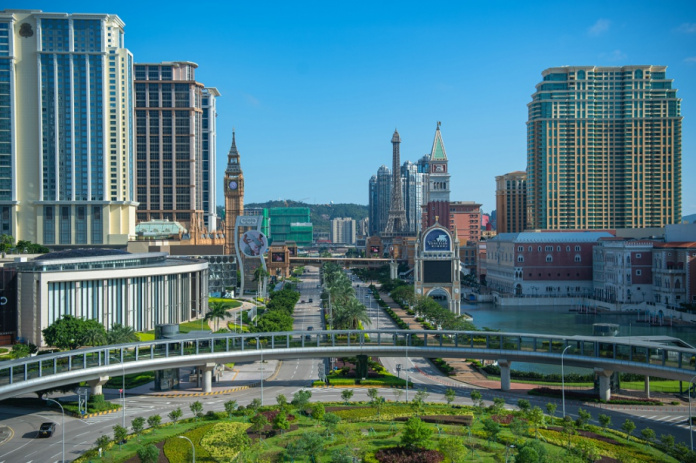
António Lobo Vilela is a lawyer based in Macau and the author of the Macau Gaming Law Book
The amendment to the Macau Gaming Law eliminated the principle of the exclusive business purpose, according to which the business purpose of casino operators must be exclusively the “operation of games of chance or other casino games.” With the amendment, the business purpose of future casino operators must necessarily, but not exclusively, include the “operation of casino games of chance.”
When the Gaming Law was enacted in 2001, the legislator understood that casino operators should be exclusively dedicated to the operation of casino games of chance, an activity they know well and for which they are exceptionally skilled and apt to thrive.
It was also provided that a casino operator’s business scope could include correlated activities to the operation of casino games of chance upon authorization from the Macau government. I.e., activities interdependent with the operation of casino games of chance, as well as activities that are supplemental to such operation and that may achieve the goals of the Gaming Law related to ensuring the promotion of tourism and, to a certain extent, the economic development in the Macau SAR, including hotel, retail, food, and beverage, MICE, entertainment, etc. As stated in the Substantiated Report that formed the basis for the award of the casino gaming concessions in 2002, “the vast majority of awarding proposals submitted by bidders have the assumed goal of transforming Macau into a regional hub of high-quality entertainment and tourism, increasing the supply of enticing products for visitors, attracting a higher number of leisure visitors, bringing more tourists traveling as families and generally improving Macau’s image as a tourist destination.”
On the other hand, the 2001 legislator ended the in-kind obligations binding on STDM under the exclusive concession contract (exception made to dredging and other works of a maritime nature), aggregating them into the contribution to urban development, the promotion of tourism, and social security, set at 2.4% of the gross revenue from gaming exploitation (1.4% for SJM, due to the dredging and other works of a maritime nature at the time provided by STDM).
The Macau government wanted to be the leading player in the transformation of Macau into what was later called a “world centre of tourism and leisure,” using the revenue derived from the high tax burden imposed on the casino operators to take the reins of this desired project.
However, for different reasons, the successive Macau governments of the last 20 years have shown an unusual inability (especially considering the amount of revenue collected) to design initiatives to build Macau as a world centre (in the true sense of the word) of tourism and leisure. For example, among some of the initiatives that have been put into practice are the (pitiful) Gastronomy Festival and Mak Mak, the (indescribable) mascot (and visible face of an image that is supposed to be credible) of Macau’s tourism.
Undoubtedly, this inability presided over the decision to now impose a whole new ball game on future casino operators.
The public tender program, written in this part by the unworldly, requires future casino operators to have an impressive array of non-gaming obligations, which presuppose that they have a finger in every pie. Most of these obligations make no sense in a tender for the award of casino gaming concessions, especially when the concessions are to be granted for a maximum term of 10 years. Some are true public tasks that the Macau government must perform. Others require experience or specific knowledge that the gaming operators do not have, nor do they have any vocation to fulfil or develop. Moreover, they are unreasonable at a zero-economy stage, where expectations about the development of the gaming industry are low if we look at the (shallow) annual minimum gross revenue limits for gaming tables and machines set by the Chief Executive a few days ago. Nor do they make sense, especially for the number of projects required. Here is a case where the Macau government should not think big but wise.

What is the standard for “gastronomic festivals”? Chefs with Michelin stars interpreting Macanese cuisine in tents set up in front of the Macau Tower? And for “thematic museums”? The newly opened MOP3.6 billion Hong Kong Palace Museum? What “maritime sports competitions” are expected when Macau lacks the basic infrastructure to support them?
The Macau government seems to be sailing aimlessly in this matter. As one would expect, it does not have an articulated plan drawn up in a careful, diligent, structured, and long-term vision for the transformation of Macau into a world centre of tourism and leisure. It opted to go straight for the jugular of the casino operators, transferring to them, like it or not, the responsibility for this transformation. It will be kept hostage by the awarding proposals that will be presented, which, necessarily, will partially overlap each other, becoming a patchwork of initiatives without interconnection, not even with the initiatives provided for in the (2017-2032) Macau Tourism Industry Development Master Plan of the Macau Government Tourism Office, which, by the way, took more than two years to be drafted. Moreover, it has gone down the path of imposition instead of teaming up, trying to reconcile the interests of all interested parties, indeed all hot to trot.
It is up to the Macau government – not the gaming operators – to set the house in order, creating the necessary conditions to transform Macau into a modern and dynamic city with the infrastructure needed to compete regionally with other tourism and leisure centres.
Let’s touch wood and hope for the best. If for no other reason, to avoid further shaking the (already somewhat clouded) image and the (tiny) credibility that Macau, as a gaming jurisdiction, has earned since the beginning of this process. Time will tell!
























